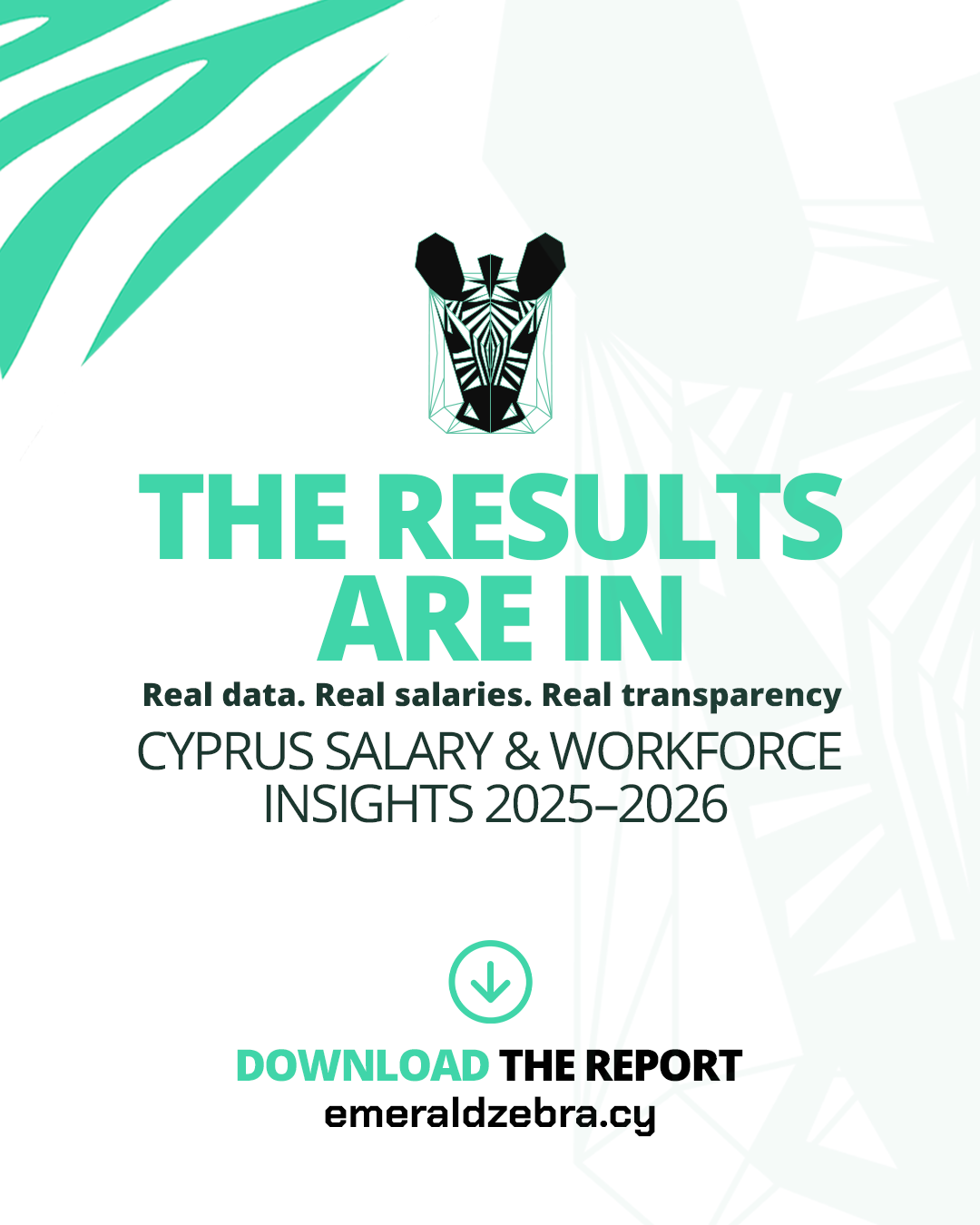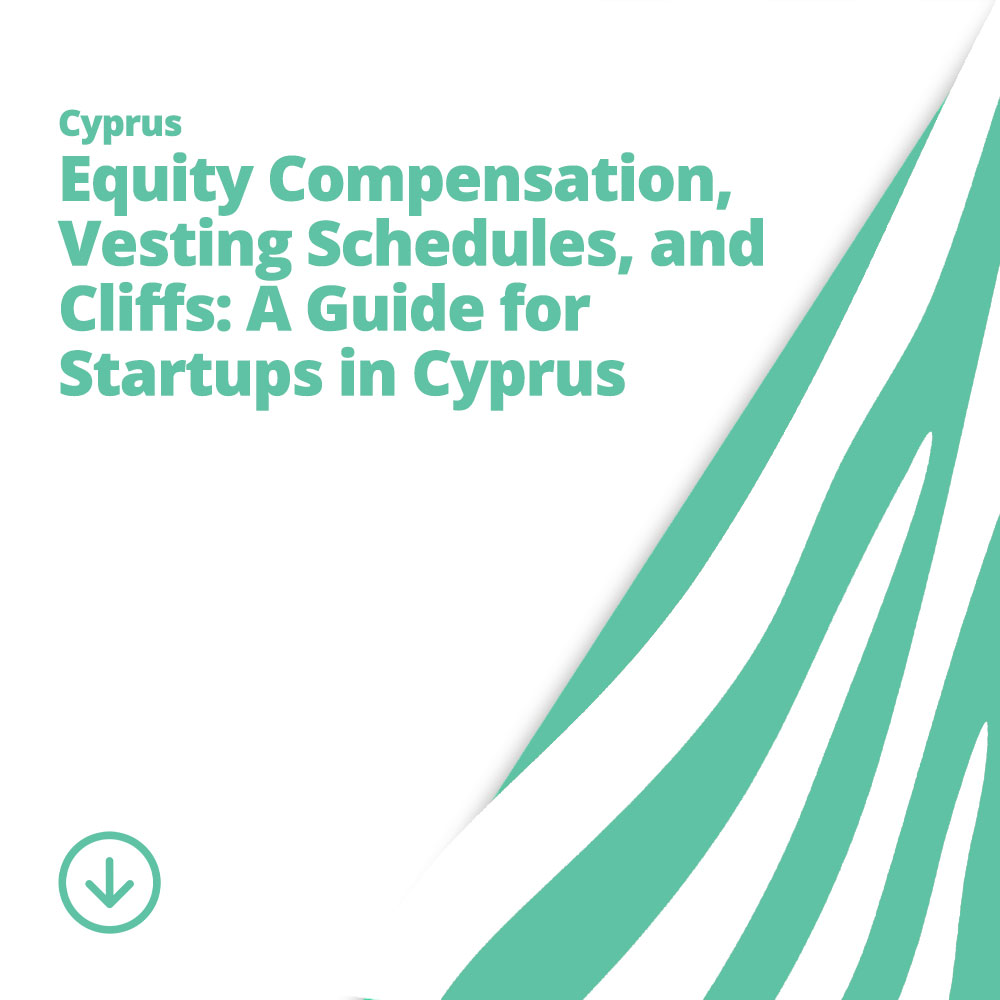It was a pleasure to be invited to the panel “How Much is Enough? Attracting & Retaining Talent in Financial Services” at the #ifxexpo in #Cyprus yesterday with fellow panelists Elena Krutova from Exness, Anna Loizou from PwC, Eleana Agrotou from Hellenic Bank, Ross Pitman from GRS.




